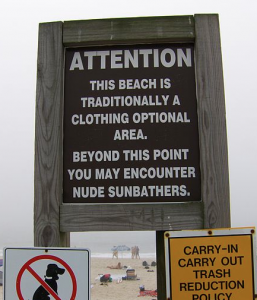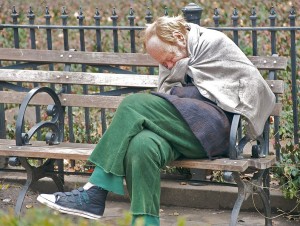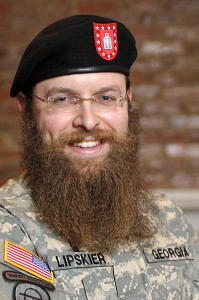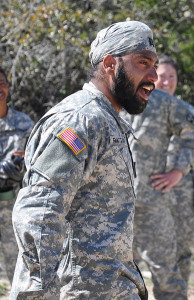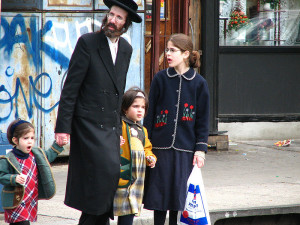Last month, the Council on American-Islamic Relations New Jersey (CAIR-NJ) filed a complaint with the Equal Employment Opportunity Commission (EEOC) on behalf of a woman whose employer ordered her to remove her hijab, causing her to lose her job.
According to reports, the complaint alleges that Ms. Naima Mnasri “ was ordered to remove her hijab at her second day of work” when she was waiting to start her shift at a factory that manufactures plastic bottles. Supervisors told her that she needed to remove her head scarf for “safety reasons” and that “no religious symbols were permitted at the factory.” When asked by reporters if she felt her hijab was a potential “safety hazard,” Ms. Mnasri said “absolutely not.” Removing the hijab would violate Ms. Mnasri’s religious beliefs, so she had to leave her job.
Filing a complaint with the EEOC on her behalf, CAIR-NY is a civil rights organization that frequently advocates for Islamic civil liberties in the U.S. Their complaint alleges that the supervisor’s order violated state and constitutional law. It states that the ban of religious symbols “directly violates the U.S. Constitution and the very foundations the country was built upon.”
Ms. Mnasri recounted the incident for reporters:
“It’s upsetting. I was upset. I know I live in this country. The constitution protects my rights. I even told him that I have rights in this country and I’m going to pursue my rights … He said, ‘ma’am either you take that off, meaning the hijab, or you go home.’ I told him it’s part of my religion. I cannot take it off.”
Professor Ruthann Robson has previously discussed this kind of “Hijab Hysteria” last year, saying that an employer need not claim safety reasons in order to bar hijabs from the workplace. Instead, as the Tenth Circuit suggested in 2013, the burden is on the woman to explicitly inform her employer that she wears the hijab for religious reasons and request accommodation.
But Professor Robson suggests that rather than focus on the reasons why a woman chooses to wear a hijab, religious or secular, “we should be more worried about the beliefs and biases of those who seek to control women’s attire, whether they are focused on headscarves or something else.”
[image via]


